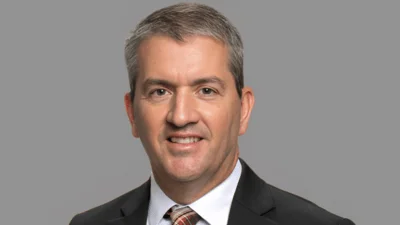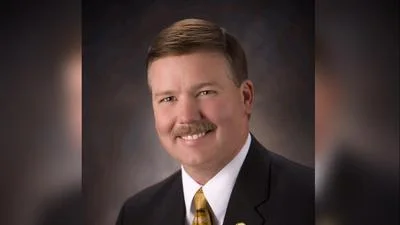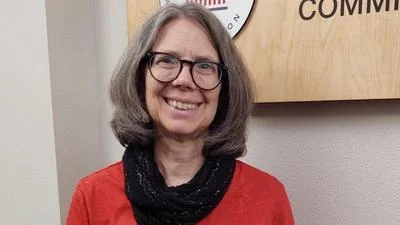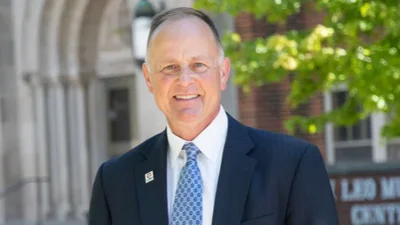National Guard troops are helping with work shortages in health care. | U.S. Army
National Guard troops are helping with work shortages in health care. | U.S. Army
The Wisconsin National Guard is responding to a worker shortage in the health care industry by deploying troops to serve as certified nursing assistants.
Troops are assisting facilities across the state including two nursing facilities in western Wisconsin, according to a report by WQOW.
Many health care workers left their jobs during the COVID-19 pandemic for various reasons, according to the report. A shortage of capable employees began to develop as fewer and fewer people re-entered the health care industry because they were unsure of its safety and regulations.
"COVID-19, it was extremely challenging emotionally and physically for everybody in health care," Jennifer Burklund, executive director of Cornell Health Services told WQOW. "Unfortunately, we lost a lot of good health care workers in the process. I think also on the flip side of that, it has kind of prevented people from wanting to start a career in health care."
Enter members of the National Guard, who are providing aid to COVID-19 testing and vaccinations sites, and now, hospitals and nursing homes, according to a report on WQOW.
"We are doing essentially the same as the other staff that work here," Spc. Austin Hornak said in the report. "We don't have as much boots on the ground time as they do, so we are still learning every single day, trying to get better and better at what we are doing."
Troops began being dispatched to health care facilities in January. Now an estimated 120 troops have been trained as CNAs after taking a certification course at Madison College.
"When I joined the National Guard six years ago, there was never a day in my career that I thought that we would be getting activated to help in a health care facility," Sgt. Dasia Smith told the station.
Any aid from the National Guard is welcome, Burklund said.
"It's been a collective sigh of relief here for our employees," Burklund said. "Prior to them, we were not able to take any new residents from the hospitals and that was a difficult position as well because we know they need the relief."





 Alerts Sign-up
Alerts Sign-up